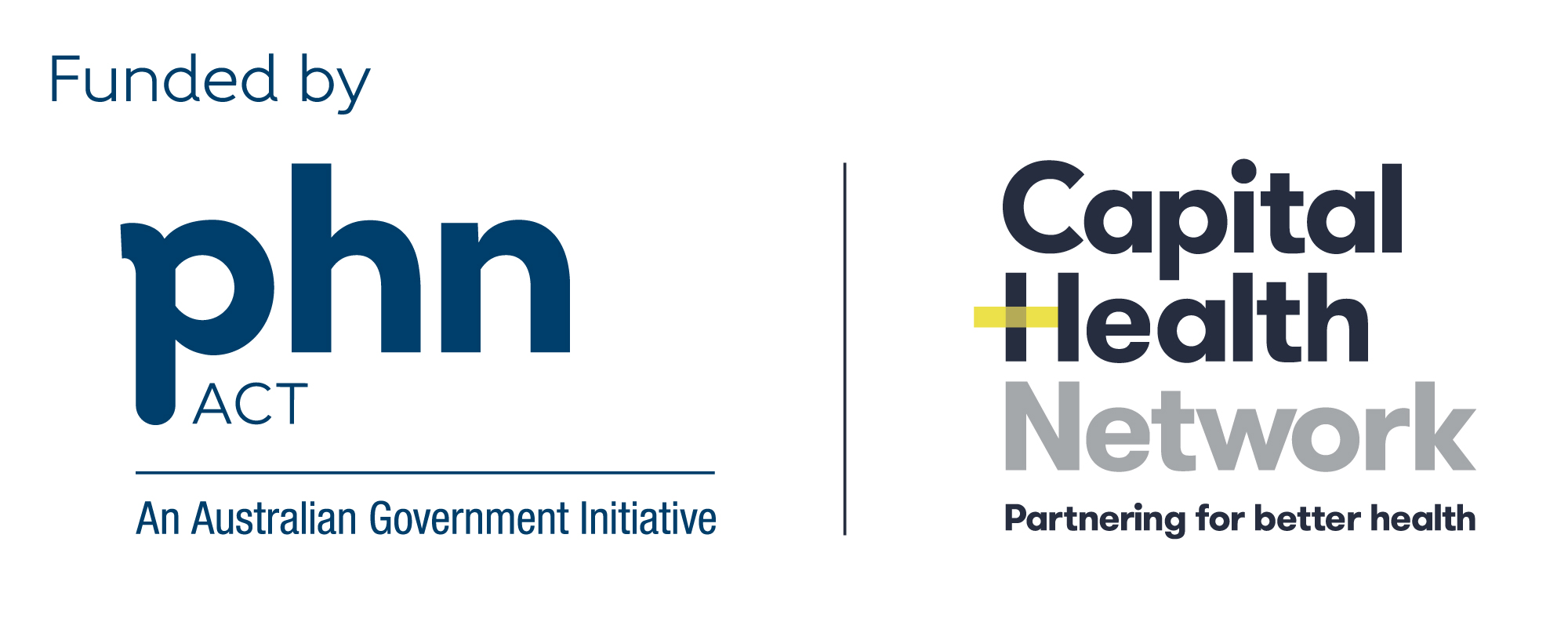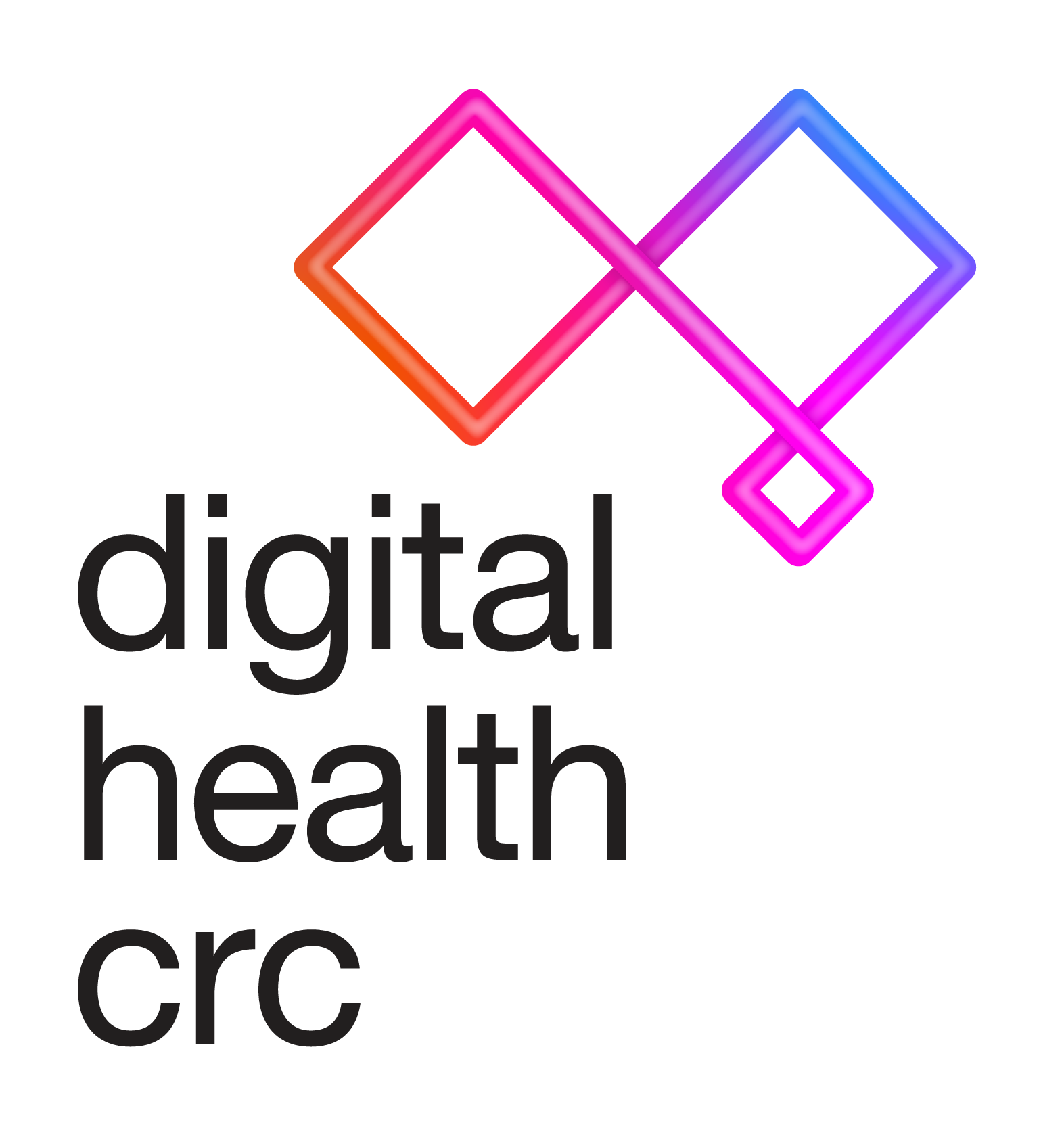MChart is guided by a set of core values that prioritise evidence-informed decision-making, collaboration, and accessibility in mental health service planning. The tool aims to empower health planners and managers to make informed decisions that enhance patient access, experience, and outcomes.







By harnessing the power of data analytics and geospatial mapping, we're empowering health planners and managers to make informed decisions that will ultimately enhance patient access, experience and outcomes.
Purpose
MChart is a navigation tool designed to make mental health service data easier for mental health care planners to access, understand, and use. It brings together key information about mental health programs, service use, their context and connections in one interactive platform, helping end users to understand the whole system, and navigate services.
Benefits
Clear and Accessible Data: Visual dashboards make complex information easy to understand, even for those without a technical background.
Supports Better Decisions: MChart helps policymakers, planners, and providers use data to inform mental health system planning and service design.
Improves Transparency: By making service and outcome data available to a wide audience, MChart supports greater accountability and public understanding.
Saves Time: Quickly find the information you need—no more digging through reports or disconnected datasets.
Encourages System Improvement: Highlighting gaps and trends across services helps identify where change is needed and what's working well.
Disclaimer
MChart is intended as an information and navigation tool for healthcare planners, policy advisors, mental health professionals and navigators. While it supports evidence-informed decision-making, users should consider the following when using the tool and interpreting the data:
Terminology
Terminology used in MChart aligns with current international, national and sector standards. It includes dictionaries and international classifications to reduce the impact of variations in terminology across jurisdictions, services, and data collections.
Service-Reported Information
Data displayed in MChart is directly provided by services, agencies and national registries. End-users should interpret results with an understanding of potential differences in reporting practices or data quality.
Data Collection
Service data has been obtained directly from services, and relies on service responsiveness and individual reporting. Data is accurate as of the date specified in data sources – see Resources.
Accreditation and Endorsement
Inclusion of a service, site, or program in MChart does not indicate clinical accreditation, regulatory compliance, or endorsement by MChart or its developers. The tool is not a performance rating system, but a platform for accessing reported data.
Version
This site represents the July 2025 version of MChart, and both content and functionality may evolve over time.
Capability
The purpose of DESDE classification system which informs MChart measures capacity of the local health care system, not capability. Capacity refers to the resources available in a health care system in a point of time, including service availability, staffing and infrastructure. On the other hand, capability refers to the ideal maximum capacity of the local health care system.
Funding Source Declaration
A Health Research Institute study team at University of Canberra has developed the MChart tool, funded by Digital Health Cooperative Research Centre, in partnership with ACT Health's Office of Mental Health and Wellbeing, Bupa Foundation, Capital Health Network, Psicost Scientific Association, and Swinburne University of Technology.
The views and information presented through the MChart Navigation Tool are those of the developers and contributors and do not necessarily reflect the views of the funding bodies.
Licensing and Attribution
The MChart Navigation Tool and its content are licensed under the Creative Commons Attribution-NonCommercial-NoDerivatives 4.0 International License (CC BY-NC-ND 4.0).
This means you are free to:
- Share — copy and redistribute the material in any medium or format
Under the following terms:
- Attribution — You must give appropriate credit, provide a link to the license, and indicate if any changes were made. You may do so in any reasonable manner, but not in any way that suggests the licensor endorses you or your use.
- NonCommercial — You may not use the material for commercial purposes.
- NoDerivatives — If you remix, transform, or build upon the material, you may not distribute the modified material.
No additional restrictions — You may not apply legal terms or technological measures that legally restrict others from doing anything the license permits.
To view a copy of this license, visit https://creativecommons.org/licenses/by-nc-nd/4.0/
For enquiries about permissions beyond the scope of this license, including commercial or modified use, please contact mhpu@canberra.edu.au
Meet the MChart Team





















Expert Panel*
*28 members of the Expert panel met through the project to advise on the development and usability of the MChart tool. These members consented to be acknowledged. Please note that members affiliations reflect the time of their involvement on the Expert Panel.
Project Control Group*
*The funder of the MChart project, Digital Health Cooperative Research Centre, convened a Project Control Group which oversees its research projects. The members of this group, in alphabetical